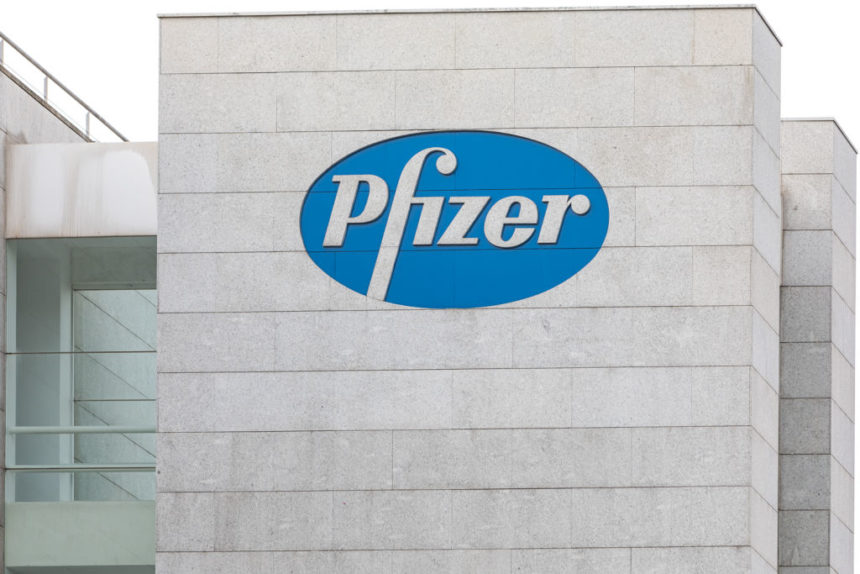Pfizer said it will no longer pursue a twice-daily version of obesity drug danuglipron after it released topline Phase 2b results on Friday.
While the latest Phase 2b trial in the GLP-1RA drug met its primary endpoint of showing statistically significant change in body weight from baseline, the pharma said that it will still discontinue the program.
Pfizer said patients enrolled in the trial experienced a high rate of side effects, like nausea, vomiting and diarrhea, adding that more than half of participants quit the trial.
Instead, Pfizer will focus its efforts on its once-daily version of danuglipron, with new pharmacokinetic data expected in the first half of 2024.
“We believe an improved once-daily formulation of danuglipron could play an important role in our obesity treatment paradigm, and we will focus our efforts on gathering the data to understand its potential profile,” said Mikael Dolsen, chief scientific officer and president at Pfizer Research and Development, in a statement.
Dolsten added that the results from ongoing and future studies of danuglipron on a once-daily regimen will inform a potential path forward.
Despite the side effects, the Phase 2b trial showed that twice-daily danuglipron was effective in reducing body weight and reported mean reductions from -6.9% to -11.7%.
As ‘diabesity’ drugs like Novo Nordisk’s Ozempic and Wegovy gain unprecedented amounts of popularity and face high consumer demand, major pharma players like Pfizer are setting their sights on grabbing a chunk of the market.
However, this has been a rocky road for the pharma giant as it initially pursued a once-daily GLP-1 drug called lotiglipron, but dropped that earlier this year in favor of danuglipron after safety concerns.
Pfizer’s decision to focus on a once-daily version of danuglipron comes after the pharma reduced its full-year guidance for its COVID-19 vaccine Comirnaty’s revenue by $2 billion. It also cut its revenue guidance for oral treatment Paxlovid by $7 billion, as the COVID market continues to slump.
Additionally, AstraZeneca picked up the rights to a GLP-1 drug from Eccogene last month for $185 million upfront, aiming to develop and commercialize the therapy for obesity, type 2 diabetes and other cardiometabolic conditions.
Meanwhile, obesity drugs largely carried the quarterly revenues for Novo and Eli Lilly as reported in November.
Lilly’s Mounjaro generated more than $1.4 billion in quarterly revenue, according to its latest earnings report while Novo’s weight loss drug portfolio has caused its market capitalization to exceed that of its home country of Denmark.







